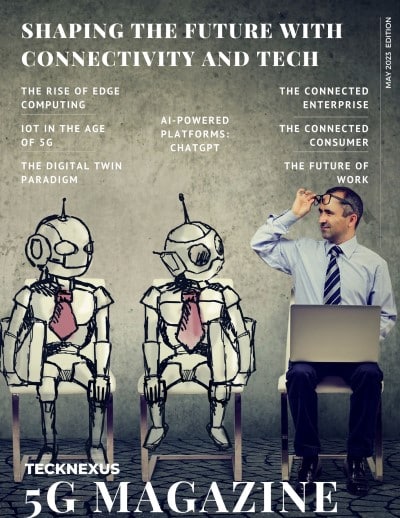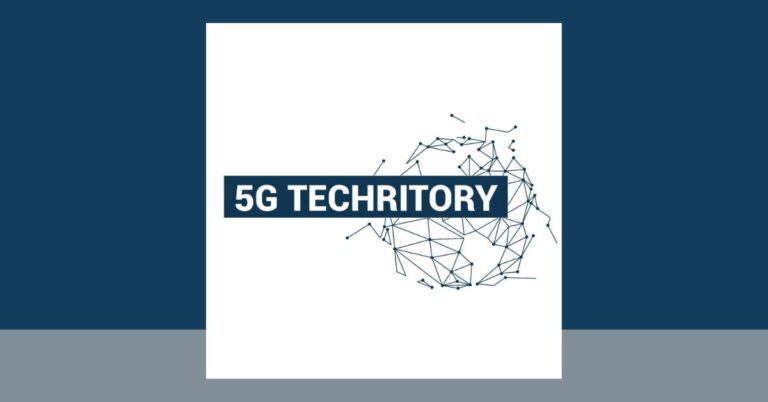Betacom, a pioneer in private wireless technology, has partnered with Axis Communications and Evolon Technology to introduce a new AI-powered perimeter surveillance solution, called Betacom PSS. The solution offers 24/7/365 physical threat detection for airports, warehouses, and manufacturing facilities, delivering results in significantly less time and at a reduced cost compared to legacy wired and public wireless solutions. Betacom PSS employs Axis cameras equipped with Evolon AI-based image detection, all operating on Betacom’s managed private 4G/5G network.
Betacom PSS expands a customer’s surveillance systems in areas where traditional solutions are expensive to install and operate. The solution’s deployment costs are up to 70% less than wired solutions, which require installation of fiber and power that can cost $2 to $3 million per mile. Additionally, the solution offers unlimited data usage for video transmission at no extra cost, which can save millions of dollars in data fees. The AI-driven capabilities of the solution also result in further operational savings, as it can differentiate between types of threats, leading to the dispatch of on-site security teams only when actual threats are identified. Betacom PSS can be integrated into existing surveillance and central control systems.
Betacom’s comprehensive solution can be installed swiftly and inconspicuously. Wireless implementations eliminate much of the permit requirements, personnel, machinery, trenching, and conduit placement necessary for underground cable deployment. This also minimizes the environmental impact, allowing customers to achieve their sustainability objectives.
Betacom partnered with industry leaders Axis and Evolon to develop the PSS solution, which Betacom operates and deploys. Axis fixed thermal and PTZ (pan/tilt/zoom) cameras work together to deliver high-performance optical image contrast, resulting in maximum accuracy in threat detection. The Axis open platform, with its ability to incorporate in-camera applications like Evolon on the edge, enhances the system by reducing bandwidth, latency, and infrastructure costs. The option to power Axis cameras using solar power or uninterrupted power supplies (UPS) increases deployment flexibility and removes the need for on-grid power.
According to Anthony Incorvati, Transportation Practice Leader, Americas Region, Axis is a partner-oriented technology provider with an open platform. The company specializes in bringing together market-leading providers and expanding its relationship with application partners like Evolon. As a result, Axis is thrilled to grow its collaboration with Betacom.
By integrating Evolon AI technology into the Axis cameras, Betacom PSS offers object classification, which is far more effective than motion or object detection. Object classification relies on AI and Deep Learning to identify a person or vehicle as a threat based on predetermined criteria and threshold levels, greatly reducing false alerts. Evolon’s detection, analytics, and AI learning eliminate up to 98% of false alarms, providing better detection capabilities.
Tom Galvin, President and CEO of Evolon, believes that Betacom is well-positioned to leverage their edge and cloud-based computer vision and AI solutions to deliver a complete, best-in-class perimeter security solution.
Johan Bjorklund, CEO of Betacom, claims that Betacom PSS is a natural extension of their high-performance 5GaaS offering, utilizing their rapidly expanding partner ecosystem to serve their ever-growing airport, manufacturing, and warehousing/logistics customer base. As the advantages of using private wireless networks over wired and legacy wireless networks become more apparent and compelling, the number of critical applications powered by private wireless networks continues to grow.



























































